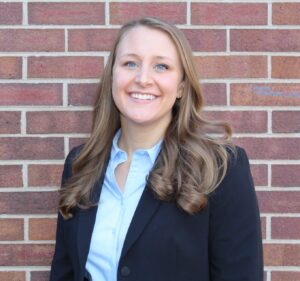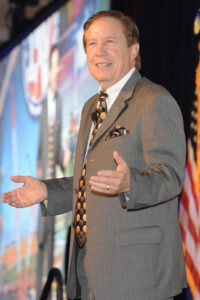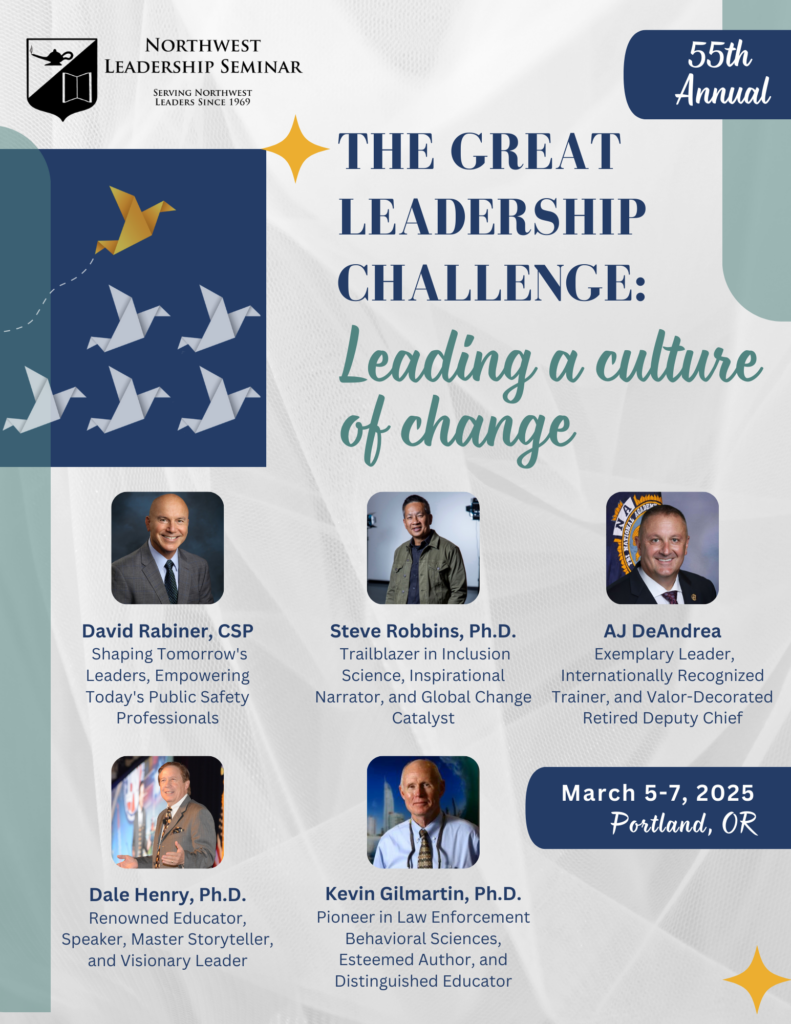 David Rabiner, CSP | Today’s Leadership Challenge: Getting the Right People and Creating a Culture of Commitment
David Rabiner, CSP | Today’s Leadership Challenge: Getting the Right People and Creating a Culture of Commitment
The public deserves and demands the highest quality professionals in public service – particularly in public safety. Right now experienced professionals are retiring at a high rate, today’s labor market is tight and mobile, and the pandemic changed the way many people view work. How you lead and manage moving forward needs adapt to address these changes. This program outlines what today’s leaders need to be focusing on and what it takes to build and maintain a culture that attracts, retain, and motivates the best people.
David Rabiner has been a high-demand speaker on leadership, influence, peak performance, and team dynamics for more than a quarter century. His career body of work includes more than 2,300 presentations in 15 countries and 46 states. David has a keen understanding of today’s public safety leadership challenges and works frequently with public safety agencies and organizations.
 Steve Robbins, Ph.D.
Steve Robbins, Ph.D.

 AJ DeAndrea and Madalena DeAndrea | Dark Nights of the Soul: When Terror Hits Home
AJ DeAndrea and Madalena DeAndrea | Dark Nights of the Soul: When Terror Hits Home
Deputy Chief AJ DeAndrea (Retired) was in a leadership role in three school shootings that changed the fabric of American society and police response to active shootings around the world. He takes a deep dive into these tragic events and more importantly analyzes the positive things that came from them: from decision making, improved tactics, and mental health practices.
Most importantly, he will be accompanied during his presentation by his oldest daughter, Madalena DeAndrea, who survived the Borderline active shooting incident in Thousand Oaks, CA in 2018. Madalena, a current Senior Manager of Strategic Projects, Recovery, and Resiliency with Jefferson County Schools in Colorado current School District Emergency, shares how the protective factors she learned growing up the daughter of a life long law enforcement officer, ultimately saved her life. She shares her insights as a survivor of an active shooter, and her choice to experience post traumatic growth following an experience of evil.
AJ and Madalena passionately speak from a perspective of having been inside the building during the aforementioned active shootings. These events have lead to the creation of our Seven Pillars of awareness and preparation that can help prevent active shootings from occurring or help stop and manage them more effectively if one is to kick off in your jurisdiction.
 Kevin Gilmartin, Ph.D. | Emotional Survival
Kevin Gilmartin, Ph.D. | Emotional Survival
This presentation is designed to assist law enforcement professionals by the development of behavioral strategies to inoculate against loss of idealism and inappropriate behavior patterns. It will review the short and long-term effects on law enforcement officers on both the personal and professional aspects of their lives. The course will discuss how the initial enthusiasm and desire to professionally contribute can be transformed into negative cynicism, social distrust and hostility to the world at large that significantly impacts the professionals work performance, decision-making and ultimately over-all quality of life. The course will also review the impact on the children of law enforcement families in terms of school functioning and health. The goal of the course is to have the law enforcement professional review the potential impact the career causes in the personal life and to develop strategies for overall emotional survival. The strategies are designed to permit the professional to continue functioning effectively and ethically without “burning-out” and without resorting to emotional isolation from friends and colleagues.
The course addresses the dynamics that can transform within a matter of a few years, idealistic and committed officers/employees into cynical, angry individuals who begin having difficulties in both the personal and professional aspects of their lives. The course outlines the issues that can potentially see officers engaging in inappropriate behavior patterns and decision-making that leads to both administrative and can unfortunately in some officers criminal difficulties. The purpose of the class is to provide information that lets the special assignment officer see how the deterioration process can take place and what specific preventative strategies can be employed. The goal of the course is to provide information that lets agencies keep officers committed and engaged in productive police work. The course also gives information to employees on how not to become a “self-perceived victim”, a descriptor for an officer or employee that spends inordinate amounts of time resenting and resisting organizational and supervisory directive, as well as, suffering unnecessary destruction in the personal dimensions of their life.
Experience tells us that most law enforcement agencies have to deal with inappropriate behavior on the part of some officers or employees who previously had exemplary records, yet we find that agencies typically do not offer training in attempting to preserve idealism, motivation and overall emotional survival for it’s employees.
This course is presented at all FBI LEEDS and Executive Development Institutes at the FBI Academy in Quantico, Virginia.
 Dale Henry, Ph.D.
Dale Henry, Ph.D.

